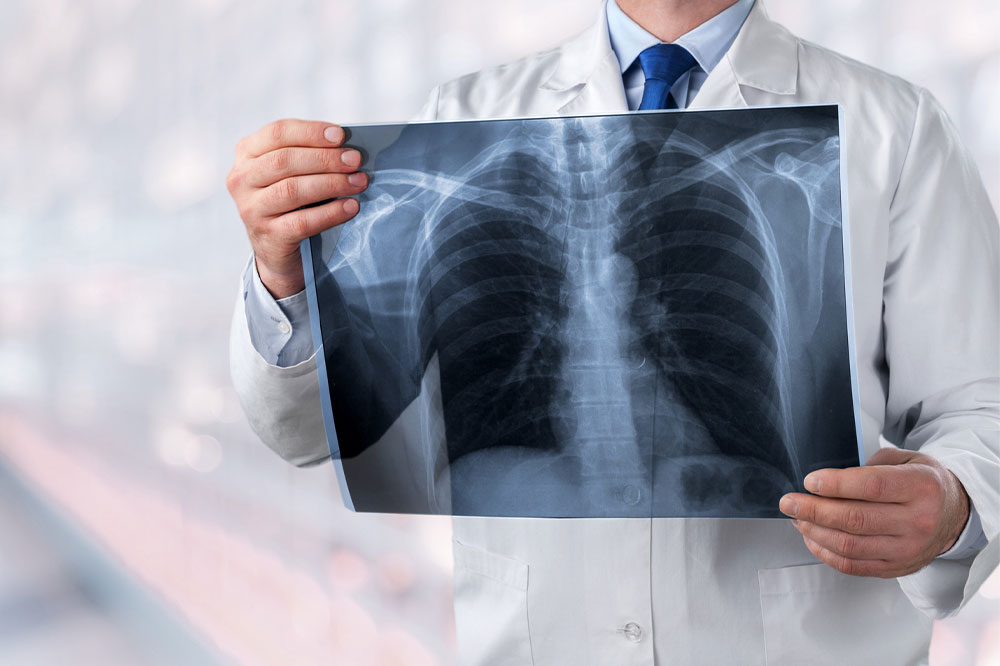6 mistakes that can damage the lungs and ways to avoid them

Our lungs are critical organs of our body. But we often tend to ignore maintaining our lung health. Like other parts of the body, the lungs tend to become less flexible over a period of time. This can lead to breathing issues. Engaging in certain practices might unknowingly be bad for your lungs. Let’s spare some time and understand the mistakes that can damage the lungs and how to avoid them.
Untidy houses and buildings
Untidy homes and buildings can give rise to mold and dust mites, both of which can cause respiratory issues. These problems can be avoided with regular cleaning and sufficient ventilation. Also, the common carpets used at home can gather dust and allergens over time, especially if you have pets around. It is essential to vacuum them often and seek professional cleaning services on a regular basis.
Exercising in heavy traffic areas
Exercising in congested areas such as a city park might be harmful. To prevent the hazards connected with high-traffic regions, one should exercise in a safe and less crowded location, such as a gym. Additionally, the time of the day matters. The quality of the air can vary greatly depending on which time you choose to exercise. Air pollutant concentrations are highest early in the morning and late at night. So it’s better to maintain caution while working out during these times.
Breathing in polluted air
Pollution is inevitable, but breathing in polluted air can be avoided. To protect your lungs from the adverse effects of poor air quality, avoid outdoor activities at times when air pollution is at its peak. The outdoor air quality is declining, but certain precautionary steps can be helpful.
Ignoring indoor air quality
Indoor air quality is another mistake that can damage the lungs, especially when most of the day is spent indoors. Mold, dust mites, and furniture may all leak harmful gasses into the environment, causing allergies and other health problems. So what’s the solution? Ventilation can assist in cleaning indoor air by removing or diluting toxins from indoor airborne sources, therefore improving indoor air quality. Installing an air purifier may also be beneficial as they are designed to remove gaseous pollutants.
An inactive lifestyle
Sedentary lifestyle and lung health are related. Your muscles may develop weaknesses if you avoid activities that leave you short of breath. A higher amount of oxygen is required for these weaker muscles to function, and you tend to gradually feel increasingly out of breath. You may strengthen your muscles, especially your breathing muscles, by engaging in simple activities like walking.
Neglecting post-infection care
Some lung diseases, such as pneumonia and influenza, need care both during and after the infection. It is critical to prioritize lung health and take precautions to protect them from future issues. Neglecting post-infection treatment can result in long-term lung damage, which can be avoided by being active and participating in respiratory exercises recommended by healthcare specialists.
The lungs are vital organs that play an essential part in our respiratory system. Maintaining their health is critical for general well-being and longevity. Understanding the mistakes that can damage lungs is the first step towards keeping them healthy. Simple precautions like avoiding pollutants, exercising frequently, and seeking assistance for any respiratory difficulties will keep our lungs safe. Start step by step and live a long, healthy life.

